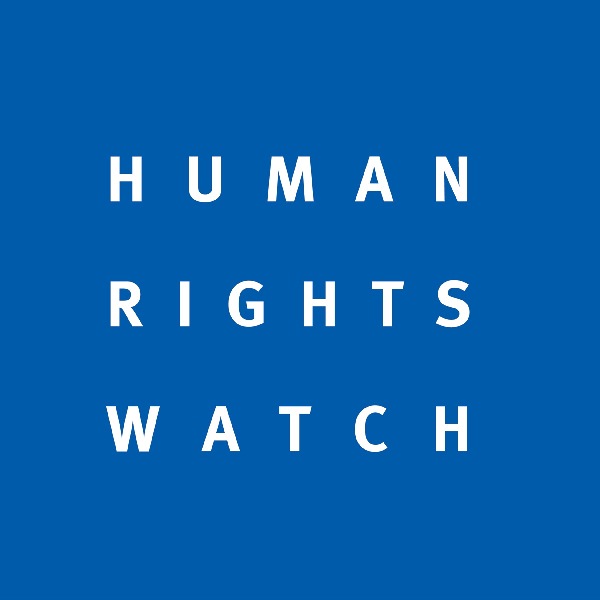

Mali: Justice Crucial to Peace Talks / Draft Pact on 2012-13 Conflict Needs Strengthening
Africa November 10, 2014

NAIROBI, Kenya, November 10, 2014/African Press Organization (APO)/ — A draft peace agreement to end the military and political crisis in northern Mali does not adequately address the need for justice for serious international crimes during the conflict, Human Rights Watch said today. The next round of negotiations between the Malian government and armed groups involved in the conflict is scheduled to begin on November 20, 2014, in Algiers.
All parties to the 2012-2013 armed conflict in northern Mali committed serious violations of the laws of war that included possible war crimes. Agreements that ended previous civil armed conflicts in Mali from 1962 through 2008 failed to address rampant impunity and weak rule of law, and some included provisions providing immunity from prosecution.
“Mali’s peace talks need to succeed where previous deals have failed by bringing those responsible for atrocities to justice,” said Corinne Dufka, senior West Africa researcher at Human Rights Watch. “The final agreement should include provisions to support the prosecution of war crimes, strengthen the truth-telling commission, and ensure the vetting of security force personnel.”
Security has been deteriorating in northern Mali. While control of the north by the Malian government was largely restored in 2013 following a French-led military intervention, the groups negotiating with the government and others linked to Al-Qaeda are occupying territory and committing abuses against civilians and peacekeepers.
Following the conclusion of the third round of peace talks in late October 2014, Algeria’s foreign minister, Ramtane Lamamra, said that the international mediation team had produced a “draft agreement for comprehensive peace,” which would form the basis for discussion when talks resume.
Human Rights Watch research in Mali and elsewhere suggests that a failure to prosecute individuals responsible for serious wartime abuses enables and may even encourage future abuses. Providing immunity to those who committed war crimes denies the victims and their families a measure of justice for their suffering.
Human Rights Watch and other organizations documented hundreds of alleged war crimes and other serious abuses during the 2012-2013 armed conflict. These include the summary executions of up to 153 Malian soldiers in Aguelhok by opposition armed groups; widespread looting, pillage, and sexual violence by the ethnic Tuareg National Movement for the Liberation of Azawad (MNLA); and the recruitment and use of child combatants, unlawful amputations, and destruction of shrines by Islamist armed groups. Malian soldiers were also implicated in serious abuses, including extrajudicial executions, enforced disappearances, and torture or ill-treatment of suspected rebels.
The government has made little progress in holding to account those responsible for war crimes and other abuses. The provisional release of scores of men detained in relation to the conflict, including several commanders from northern armed groups credibly implicated in abuses, has raised concern of a de facto amnesty for these crimes.
International law encourages countries to provide a broad amnesty or pardon for captured combatants and others detained for their participation in a conflict, so long as they are not responsible for war crimes or other serious abuses.
However, the releases that began in late 2013 under the June 18, 2013 Ouagadougou Accord and characterized by the government as “confidence building measures” in advance of negotiations, have been carried out without sufficient review to determine whether any of those freed are implicated in serious international crimes. Amnesties for those responsible for serious international crimes are not recognized under international law.
“It is time to break the decades-long cycle of conflict, abuse, and impunity. Any deal which turns a blind eye to the need for justice will not only disregard the rights of victims and their families, but also encourage further abuses and sabotage a truly durable peace,” Dufka said. “Ensuring that the talks incorporate measures to address long-standing impunity is all the more urgent given the deteriorating security situation, and increasing attacks, lawlessness, and banditry by armed groups in the north.”
Source: AFRICAWIN






